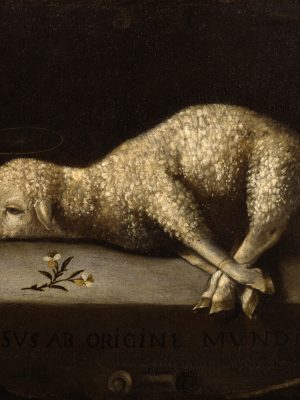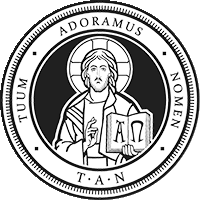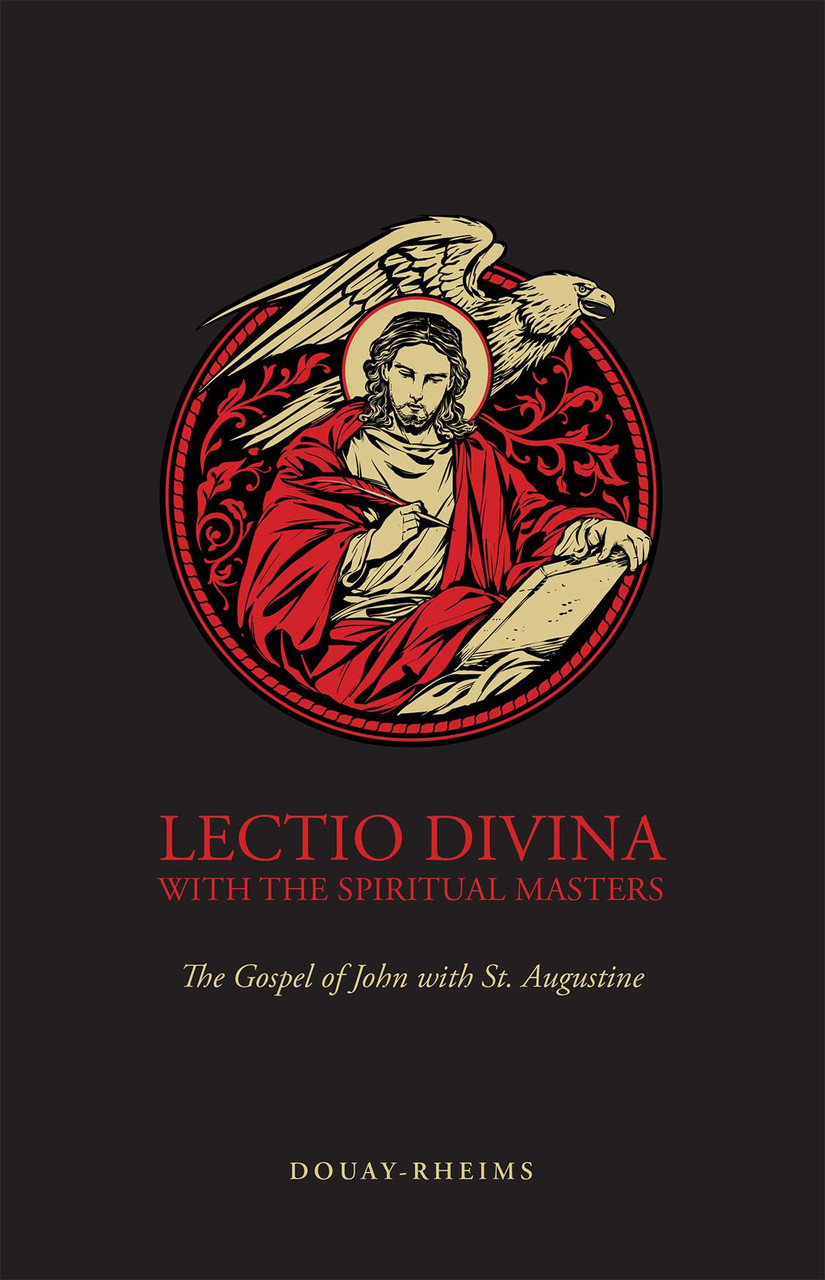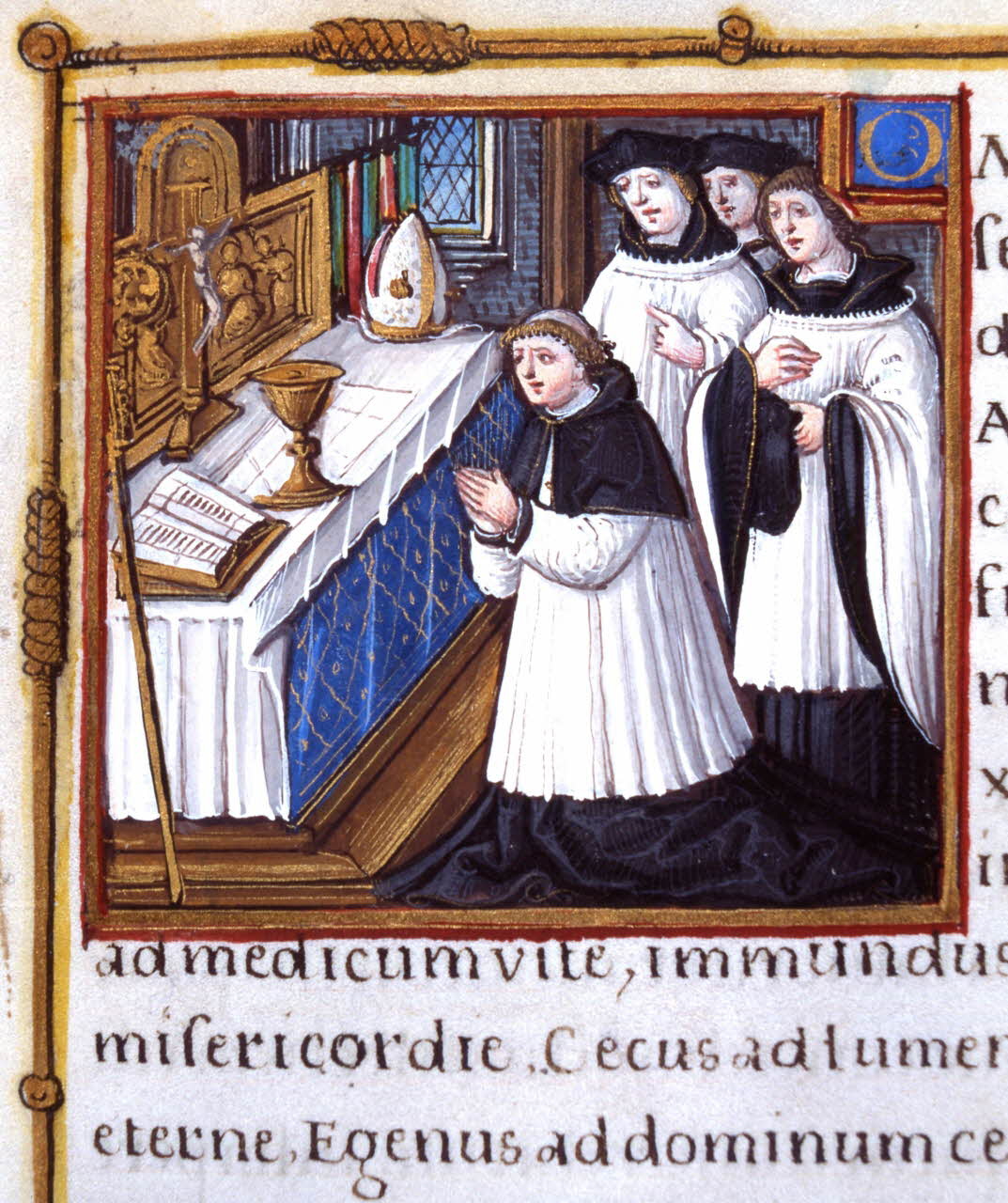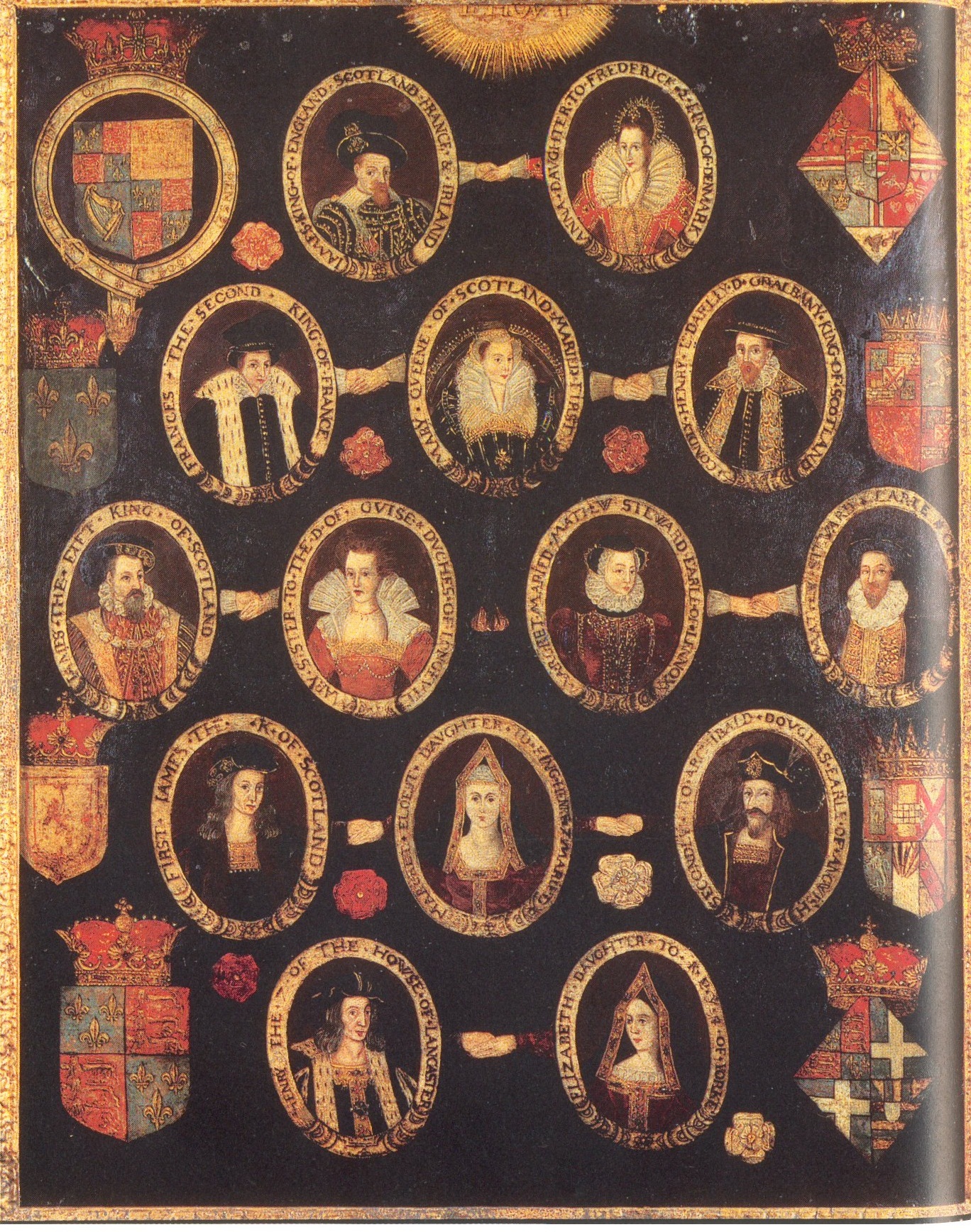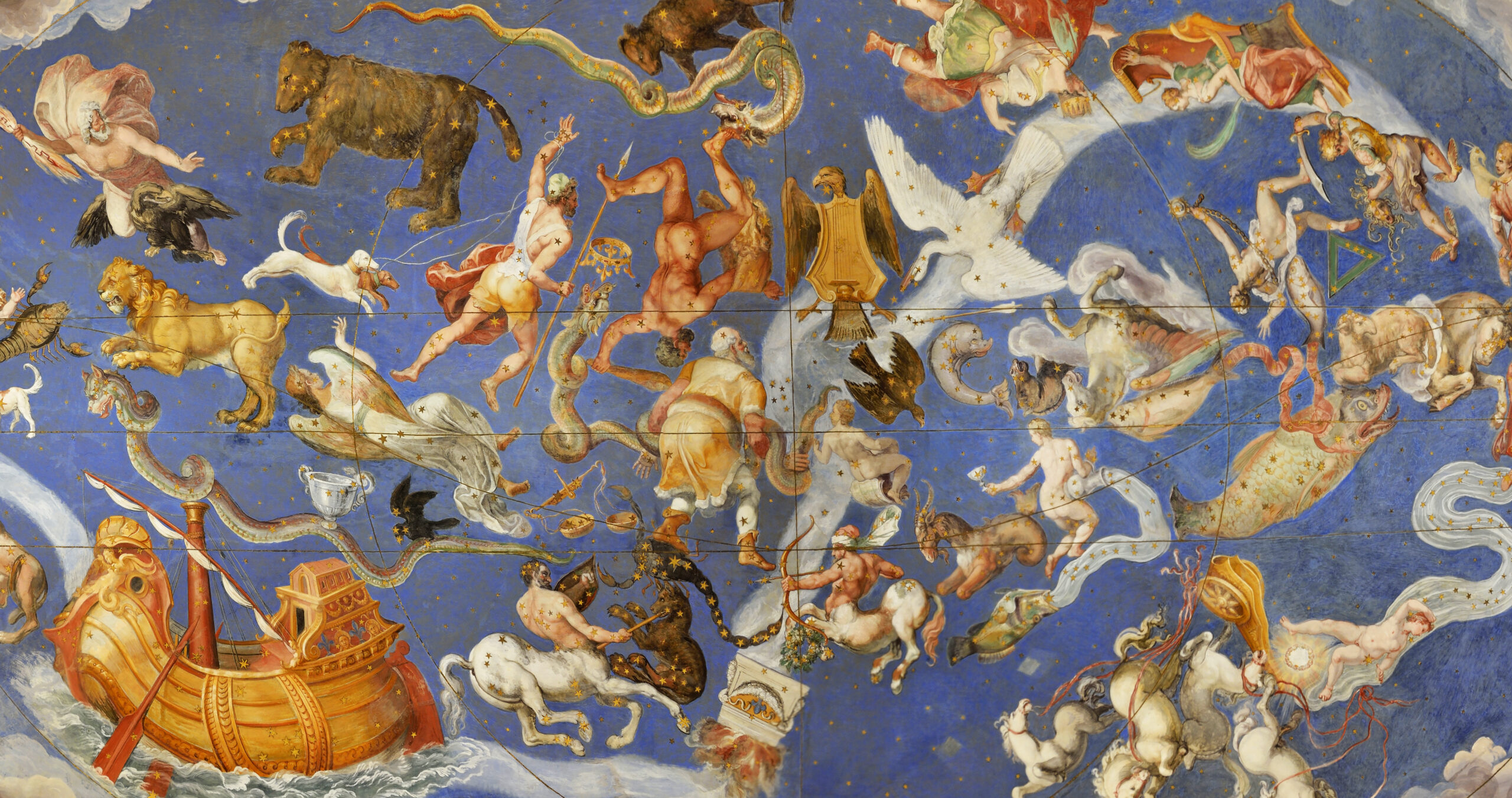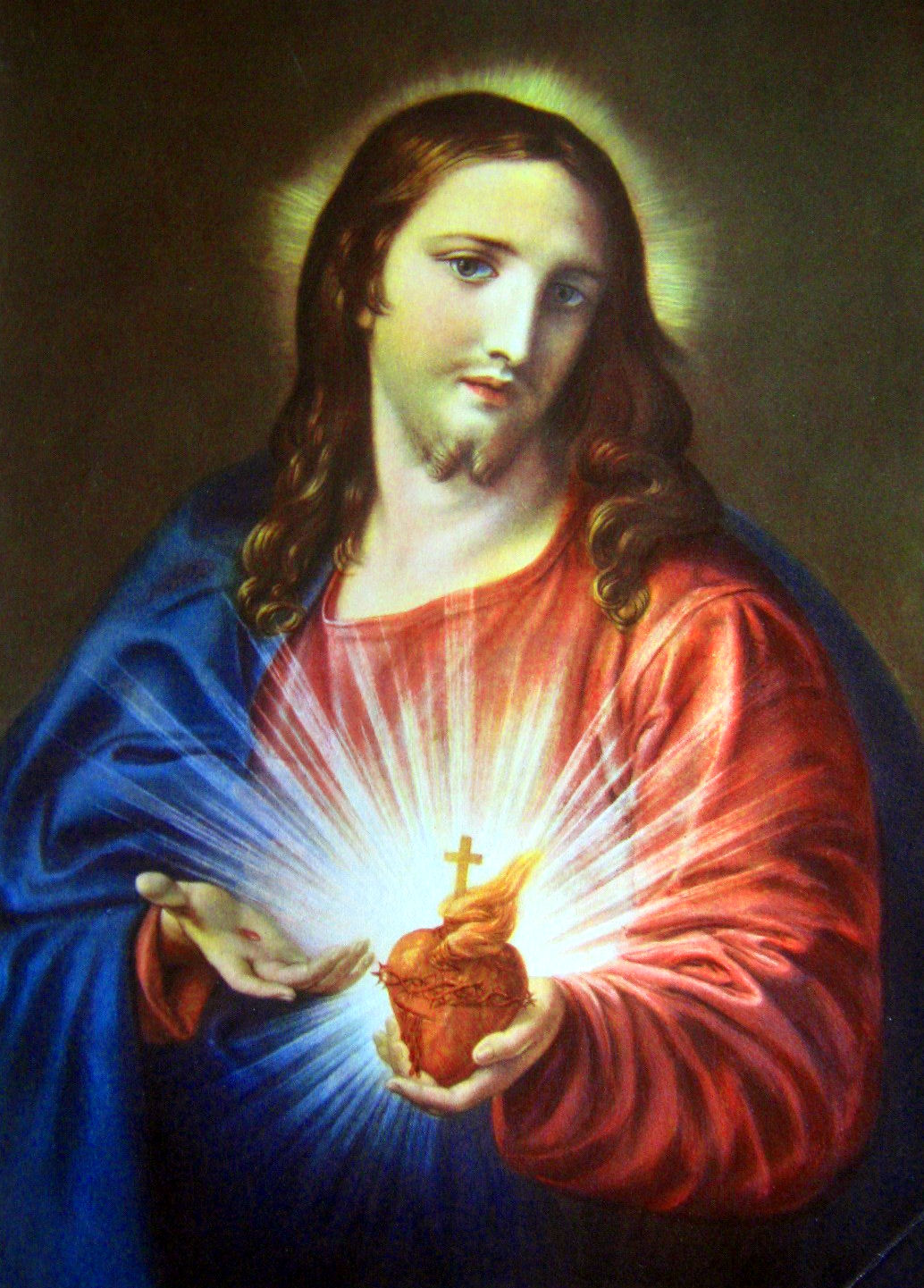Pray with the Gospel of John and Saint Augustine! Follow this guide to Lectio Divina on the Bread of Life Discourse to transform your prayer life and be guided through Sacred Scripture by the spiritual masters and the Holy Ghost.
LECTIO
John 6:16-40
16 And when evening was come, his disciples went down to the sea. 17 And when they had gone up into a ship, they went over the sea to Capharnaum; and it was now dark, and Jesus was not come unto them. 18 And the sea arose, by reason of a great wind that blew. 19 When they had rowed therefore about five and twenty or thirty furlongs, they see Jesus walking upon the sea, and drawing nigh to the ship, and they were afraid. 20 But he saith to them: It is I; be not afraid.
21 They were willing therefore to take him into the ship; and presently the ship was at the land to which they were going. 22 The next day, the multitude that stood on the other side of the sea, saw that there was no other ship there but one, and that Jesus had not entered into the ship with his disciples, but that his disciples were gone away alone. 23 But other ships came in from Tiberias; nigh unto the place where they had eaten the bread, the Lord giving thanks. 24 When therefore the multitude saw that Jesus was not there, nor his disciples, they took shipping, and came to Capharnaum, seeking for Jesus. 25 And when they had found him on the other side of the sea, they said to him: Rabbi, when camest thou hither?
26 Jesus answered them, and said: Amen, amen I say to you, you seek me, not because you have seen miracles, but because you did eat of the loaves, and were filled. 27 Labour not for the meat which perisheth, but for that which endureth unto life everlasting, which the Son of man will give you. For him hath God, the Father, sealed. 28 They said therefore unto him: What shall we do, that we may work the works of God? 29 Jesus answered, and said to them: This is the work of God, that you believe in him whom he hath sent. 30 They said therefore to him: What sign therefore dost thou shew, that we may see, and may believe thee? What dost thou work?
31 Our fathers did eat manna in the desert, as it is written: He gave them bread from heaven to eat. 32 Then Jesus said to them: Amen, amen I say to you; Moses gave you not bread from heaven, but my Father giveth you the true bread from heaven. 33 For the bread of God is that which cometh down from heaven, and giveth life to the world. 34 They said therefore unto him: Lord, give us always this bread. 35 And Jesus said to them: I am the bread of life: he that cometh to me shall not hunger: and he that believeth in me shall never thirst. 36 But I said unto you, that you also have seen me, and you believe not. 37 All that the Father giveth to me shall come to me; and him that cometh to me, I will not cast out. 38 Because I came down from heaven, not to do my own will, but the will of him that sent me. 39 Now this is the will of the Father who sent me: that of all that he hath given me, I should lose nothing; but should raise it up again in the last day. 40 And this is the will of my Father that sent me: that every one who seeth the Son, and believeth in him, may have life everlasting, and I will raise him up in the last day.
St. Augustine’s Commentary
Reflecting on the moment of Jesus’s walking across the water, Augustine notes the detail John provides, that it was dark. He says, “As the end of the world approaches, errors increase, terrors multiply, wickedness spreads, infidelity increases. . . . The light is time and again extinguished; the darkness of hate among brothers spreads further day by day—and Jesus has not yet come. . . . And yet so great are the tribulations that even those who have come to believe in Jesus, and who are striving to persevere until the end, are terrified of falling away; though Christ is trampling on the waves, putting down the ambitious and the high-and-mighty of the world, Christians are terrified. Were not all these things foretold them?” (Homilies 25.5–7).
In the midst of all this, Christ becomes a sign that God has sealed. Augustine tells us that a seal marks what belongs to someone. Christ belongs to God. Christ appears to us in human form, and to set Him apart as special, God seals Christ for the Eucharist. Augustine gives words to Christ: “[God] has given me something that was mine, so that I would not be confused with the human race, but through me the human race will be freed” (Homilies 25.11).
Believing in the sign, then—eating the Eucharistic Bread—means believing in the one God has sealed. Augustine equates the expressions “he that cometh to me” with “he that believeth in me” and “shall not hunger” with “shall never thirst,” that is, with spiritual thirst (see Homilies 25.13–14).
MEDITATIO
The waves crashed against the disciples’ boat as they rowed through the darkened sea. The wind howled like an angry spirit, driving them far from shore. Exhausted and afraid, they strained against the storm—until a figure appeared, walking calmly on the waters.
“It is I; be not afraid.” His voice cut through the chaos, steady as the hand that holds the deep. In that moment, the sea lost its power, and they were safe.
St. Augustine lived through storms of his own—empires collapsing, cities burning. The Roman world crumbled as waves of invaders surged across its lands. Yet Augustine saw beyond ruin. “Christ walks upon the stormy sea,” he preached, “trampling down the proud.” He believed God was reshaping history, bringing new peoples into the fold, sealing their hearts with faith.
This same Christ comes to us, not just across turbulent seas but through the quiet miracle of the Eucharist. The Bread of Life, set apart by the Father, is given for every nation, race, and tongue. “I am the bread of life,” Jesus declared. “He that cometh to Me shall not hunger.”
Faith in the Eucharist means trusting the One who still walks upon the troubled waters, commanding the storms of history and the tempests of the soul. In Him, we are never lost—only found, only fed, only saved.
ORATIO
1. Christ dies and rises so He can give me the Eucharist as my true spiritual food, food that sustains His faithful in their storm-tossed times. Can I imitate Christ and become food for the next generation of believers, even if they are different from me?
2. Augustine calls out the Christians of his day for being like the crowds who run after Christ for bread when He wants to give them Himself. What do I seek from the Church and my local community?
3. For what do I really hunger and thirst? If I say I want greater faith, do I still seek out fame, comfort, or some other material thing?
CONTEMPLATIO
Contemplate God and the truths He has revealed to you through Lectio Divina.
ooo
This article is taken from a chapter in Lectio Divina with the Spiritual Masters: The Gospel of John with St. Augustine which is available from TAN Books.

